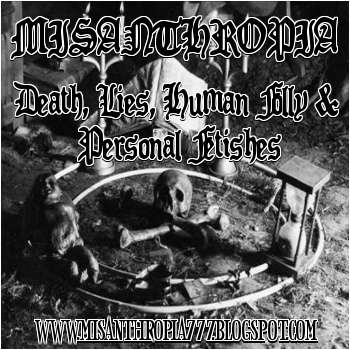West Jordan man perfects art of the Old West
By Christopher Smart
The Salt Lake Tribune
Updated: 04/06/2010 01:04:58 PM MDT
West Jordan » When it comes to Ross Taylor Originals, the term "no bull" just doesn't fit.
In fact, quite the opposite. Taylor's work is essentially all bull --- and no, that's not a reference to Rocky Mountain oysters. He makes custom walking canes from bull and buffalo penises.
"The old buffalo hunters used to make them. And Bat Masterson was famous for his," said Taylor of the original Old West bull canes. "It's always intrigued me."
Taylor, who will be 80 in May, doesn't kill bulls for their reproductive organs. Rather, he buys the pizzles (the proper name for a bull's penis) from packing houses after the animals have been slaughtered.
Custom-ordered canes are then built, one at a time, through a complex and laborious process at Taylor's West Jordan shop.
They can be adorned with any of a dozen handle styles, including a brass buffalo head, chrome horse head or even elk horn. And the canes can be decorated with coins or arrowhead inlay, or anything else a customer would like, including personalized name plates.
And, of course, they are made to length, up to 48 inches.
The canes -- which are sometimes described as works of art -- range from $120 to $300. In Utah, Taylor's works can be purchased at Sportsman's Warehouse locations and Smith & Edwards in Ogden, but many customers order them online.
Along with his daughter, Debbie Wilcox, and grandson,
Yeager Wilcox, Taylor turns out about 2,000 canes a year. They also use the business-end of the bull to make walking sticks, shoe horns and golf putters.
Although Taylor has been producing bull canes commercially for two decades, he remembers making his first one more than 60 years ago when he was 17.
As a youngster, he worked at a dairy farm in East Millcreek. He had heard early Mormon gunslinger Orrin Porter Rockwell had fashioned such a walking stick for Brigham Young.
When a bull at the dairy died, the young Taylor saw his chance.
"I stripped out that penis and that was the first one I made," he recalled fondly.
Taylor has since made canes for entertainers, sports figures and even politicians.
State Rep. Mel Brown said he has three of Taylor's canes. And he's given away many more as gifts. Brown remembered having Taylor make one for him after breaking a leg in 1997.
During the 1998 legislative session, Brown was speaker of the House and recalled bumping into then-Lt. Gov. Olene Walker in the elevator. She admired his cane and Brown handed it to her for a closer look, he said.
"When she read [on the staff] what it was made from, she screamed and tossed it into the air," Brown recalled with a laugh.
Before Taylor started the cane business, he owned and operated --- along with partner Ray McFarland -- Beehive Machinery, a business that produced a machine to separate meat from bones, mainly for use on chickens, but applicable to all meats. The pair marketed the mechanism all over the world before selling the company in the late 1980s.
"I had 350 employees at Beehive Machinery," Taylor recalled. "But when I started this [cane business], I didn't want to be the biggest guy in the world."
Nonetheless, he likes to see Ross Taylor Originals prosper as a small business because he wants to leave it to his daughter and grandson.
"My dad's real big on keeping it in the family," Debbie Wilcox noted as she demonstrated the initial steps in building a cane: skinning and cleaning the pizzle, then inserting a long five-sixteenths of an inch metal rod before placing it in a dryer for several weeks.
It takes eight to 12 weeks to make one custom cane, including attaching handles and inlays and a final buffing, she said. It's a lot of work.
And that's no bull.
From: http://www.sltrib.com/news/ci_14825062
Wednesday, April 7, 2010
Subscribe to:
Post Comments (Atom)











 "He who can, does. He who cannot, teaches."
"He who can, does. He who cannot, teaches."



 "Being is substance and life; life manifests by movement; movement is perpetuated by equilibrium; equilibrium is therefore the law of immortality.
"Being is substance and life; life manifests by movement; movement is perpetuated by equilibrium; equilibrium is therefore the law of immortality.


 "The doctrine of equality!... But there exists no more poisonous poison: for it seems to be preached by justice itself, while it is the end of justice.... "Equality for equals, inequality for unequals" that would be the true voice of justice: and, what follows from it, "Never make equal what is unequal."
"The doctrine of equality!... But there exists no more poisonous poison: for it seems to be preached by justice itself, while it is the end of justice.... "Equality for equals, inequality for unequals" that would be the true voice of justice: and, what follows from it, "Never make equal what is unequal."



No comments:
Post a Comment
Note: Only a member of this blog may post a comment.